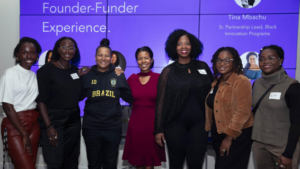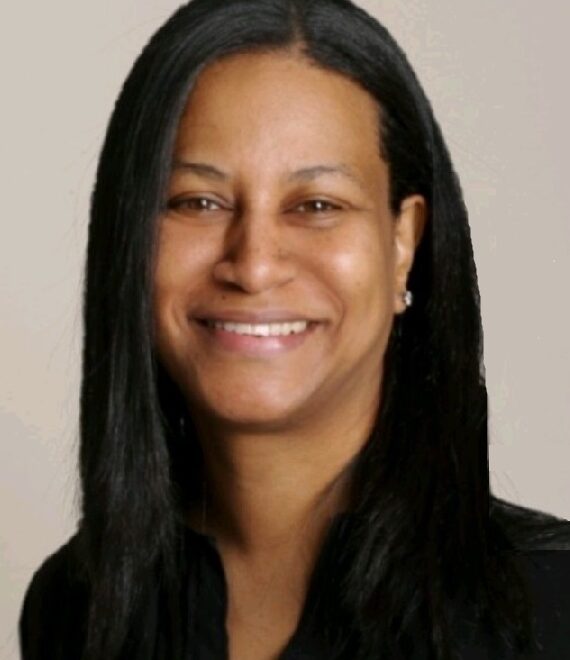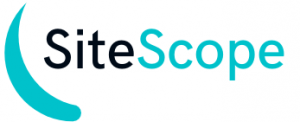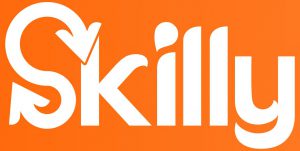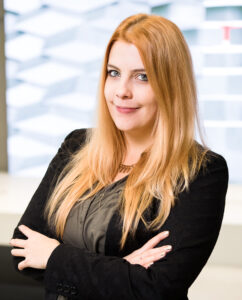Coming from a tech startup incubator, we get it — the entrepreneurial journey is a rollercoaster ride, and legal potholes can be deal-breakers. That’s why DMZ’s Startup Legal Support (SLS) team and Toronto Metropolitan University’s Lincoln Alexander School of Law have worked together to launch a new Intellectual Property (IP) Clinic, a game-changer in the dynamic world of startup legal support.
As a company grows, so do the legal challenges.
Despite the fact that 70% of businesses earn enough revenue to surpass eligibility for free legal aid, most still grapple with affording the substantial costs of hiring a lawyer. DMZ emerges as a pivotal solution for these startups, acting as their legal compass. In doing so, DMZ not only helps startups maintain their competitiveness but also contributes to making legal services more accessible.
Through the generous support of Innovation, Science and Economic Development Canada (ISED), Lincoln Alexander School of Law and DMZ have collaborated to introduce the IP Clinic, a new initiative aimed at providing startups supported by Toronto Metropolitan University (TMU) with comprehensive legal services. Nicholas Hill, Head of Startup Legal Support and Legal Advisor, spearheads these services with the support of three TMU law students, Ikra Saeed, Isabella Spiliakos and Shany Raitsin, who work under his supervision.
Intellectual Property isn’t a luxury, but a strategic necessity for startups.
As a strong proponent of the DMZ’s IP Clinic, Dr. Sari Graben, Associate Dean Research and Graduate Studies, notes that the Clinic plays a vital role in advancing the competitiveness of Canada’s startup ecosystem. “Our grant and innovative idea to launch IP legal services for startups aligns seamlessly with Lincoln Alexander Law’s vision to enable lawyers to tackle novel challenges in an increasingly innovation-based economy.”
The IP Clinic will enhance the accessibility of legal resources and knowledge to over 500 entrepreneurs within Toronto Metropolitan University’s Zone Learning Network. To date, the Clinic has been instrumental in servicing over 70+ startups, producing over 200 deliverables. “This IP Clinic marks a crucial step forward in our mission to empower startups with the legal knowledge they need to thrive,” says Nicholas Hill. “We’re excited about the positive impact this will have on our entrepreneurial community.”
As DMZ’s SLS opens up this new avenue of legal support, we have seen just how coveted IP services really are. Moreover, the IP Clinic’s value doesn’t just stop at startups.
We’re exposing law students to real-life case studies.
Beyond providing startups with essential legal assistance, we’re helping students navigate the legal ins and outs of the startup world. These students don’t stand on the sidelines, they’re gaining first-hand exposure to complex legal documentation and practical experience from Intellectual Property assignments to brand protection.
To sum it up, introducing IP legal services like those provided by DMZ sparks groundbreaking transformation, propelling the overall growth and success of these innovative ventures, and elevating their competitiveness to compete on the world stage. The collaboration of legal experts, aspiring law professionals and startups creates a recipe for entrepreneurial success in Canada’s startup ecosystem.


